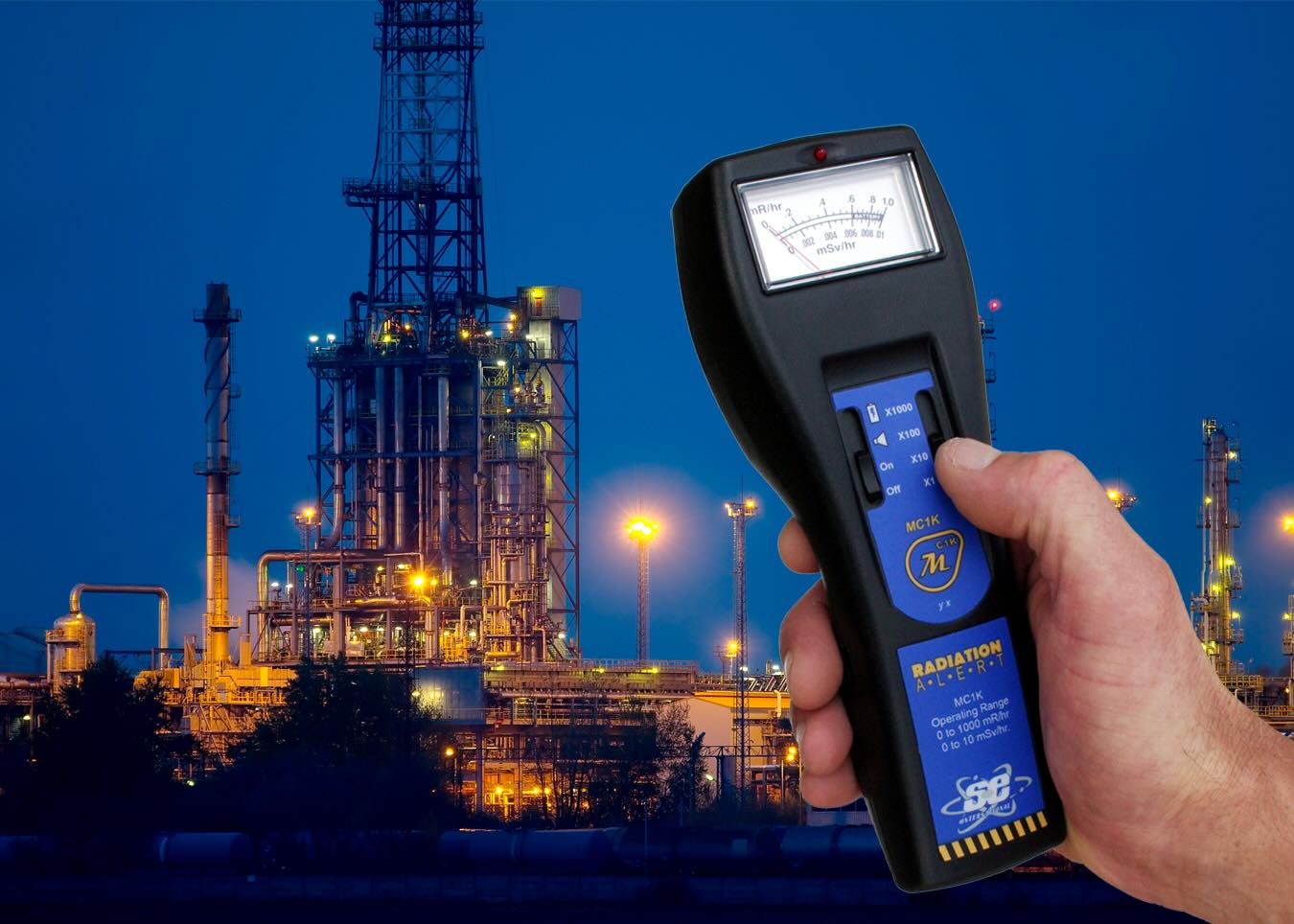
Radiation detectors play a crucial role in our daily lives, often without us even realizing it. These devices help keep us safe by detecting harmful radiation levels in various environments. From hospitals to nuclear power plants, radiation detectors are essential tools for ensuring safety and health. But how much do you really know about these fascinating gadgets? Did you know that some radiation detectors can even be found in your home, like smoke detectors? Or that they come in different types, each designed for specific kinds of radiation? Understanding these devices can help you appreciate the technology that keeps us safe. Let's dive into 26 intriguing facts about radiation detectors that will shed light on their importance and functionality.
What is a Radiation Detector?
Radiation detectors are devices used to measure ionizing radiation. They play a crucial role in various fields, including medical imaging, nuclear power, and environmental monitoring. Here are some fascinating facts about these essential instruments.
-
Radiation detectors can detect alpha, beta, and gamma radiation. Each type of radiation has different properties and requires specific detection methods.
-
Geiger-Müller counters are one of the most common types of radiation detectors. They are widely used due to their simplicity and ability to detect various radiation types.
-
Scintillation detectors use a special material that emits light when exposed to radiation. This light is then converted into an electrical signal for measurement.
-
Radiation detectors are crucial in medical imaging. They help in procedures like X-rays, CT scans, and PET scans, providing detailed images of the human body.
-
Environmental monitoring relies heavily on radiation detectors. They help detect and measure radiation levels in the environment, ensuring public safety.
How Do Radiation Detectors Work?
Understanding the working principles of radiation detectors can be quite intriguing. These devices use various methods to detect and measure radiation.
-
Ionization chambers measure radiation by collecting ions produced by ionizing radiation. These chambers are filled with gas, and the ions created by radiation are collected to produce an electrical signal.
-
Semiconductor detectors use materials like silicon or germanium. When radiation interacts with these materials, it creates electron-hole pairs that generate an electrical signal.
-
Neutron detectors often use materials like helium-3 or boron trifluoride. These materials react with neutrons to produce detectable signals.
-
Thermoluminescent dosimeters (TLDs) store energy from radiation exposure. When heated, they release this energy as light, which can be measured to determine radiation dose.
-
Personal dosimeters are worn by individuals working with radiation. They monitor exposure levels to ensure safety and compliance with regulations.
Applications of Radiation Detectors
Radiation detectors have a wide range of applications, from healthcare to security. Here are some interesting facts about their uses.
-
In nuclear power plants, radiation detectors monitor radiation levels. This ensures the safety of workers and the surrounding environment.
-
Customs and border protection agencies use radiation detectors. They help detect and prevent the smuggling of radioactive materials.
-
Space missions rely on radiation detectors. These devices protect astronauts from harmful cosmic radiation.
-
Radiation detectors are used in scientific research. They help study radioactive materials and their properties.
-
In industrial settings, radiation detectors are used for non-destructive testing. They help inspect materials and structures without causing damage.
Safety and Calibration of Radiation Detectors
Ensuring the accuracy and safety of radiation detectors is paramount. Proper calibration and maintenance are essential.
-
Radiation detectors must be regularly calibrated. Calibration ensures accurate measurements and reliable performance.
-
Safety protocols are crucial when using radiation detectors. Proper training and protective equipment minimize exposure risks.
-
Radiation detectors have built-in safety features. These features include alarms and automatic shut-off mechanisms to prevent overexposure.
-
Portable radiation detectors are used in emergency situations. They help assess radiation levels quickly and efficiently.
-
Radiation detectors are tested under various conditions. This ensures they perform reliably in different environments.
Innovations in Radiation Detection Technology
Advancements in technology have led to the development of more sophisticated radiation detectors. These innovations improve accuracy and usability.
-
Digital radiation detectors provide real-time data. This allows for immediate analysis and decision-making.
-
Wireless radiation detectors offer remote monitoring capabilities. They can transmit data to central systems for analysis.
-
Miniaturized radiation detectors are now available. These compact devices are ideal for personal use and portable applications.
-
Advanced materials enhance the sensitivity of radiation detectors. New materials can detect lower levels of radiation more accurately.
-
Artificial intelligence is being integrated into radiation detection systems. AI can analyze data and identify patterns, improving detection accuracy.
-
Radiation detectors are becoming more user-friendly. Simplified interfaces and automated functions make them easier to operate.
The Final Word on Radiation Detectors
Radiation detectors play a crucial role in keeping us safe from unseen dangers. These devices, whether used in medical settings, nuclear power plants, or even space missions, help monitor and measure radiation levels. Understanding how they work and their importance can give us peace of mind and appreciation for the technology protecting us.
From Geiger counters to scintillation detectors, each type has unique features suited for specific tasks. Knowing the differences can help you choose the right one for your needs. Remember, safety is paramount when dealing with radiation, and having the right tools is essential.
So, next time you hear about radiation detectors, you'll know just how vital they are in various fields. Stay informed, stay safe, and appreciate the science behind these incredible devices.
Was this page helpful?
Our commitment to delivering trustworthy and engaging content is at the heart of what we do. Each fact on our site is contributed by real users like you, bringing a wealth of diverse insights and information. To ensure the highest standards of accuracy and reliability, our dedicated editors meticulously review each submission. This process guarantees that the facts we share are not only fascinating but also credible. Trust in our commitment to quality and authenticity as you explore and learn with us.
